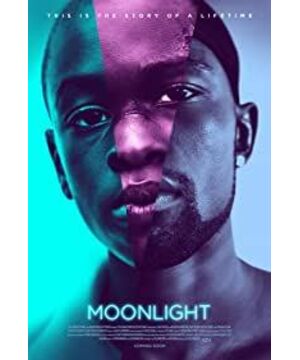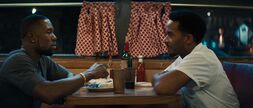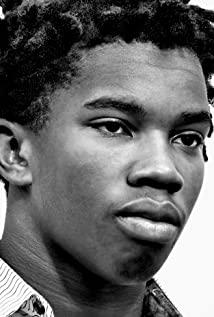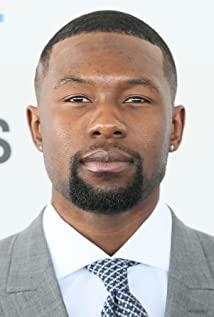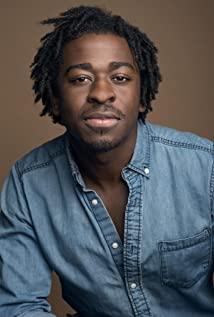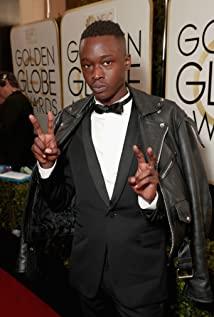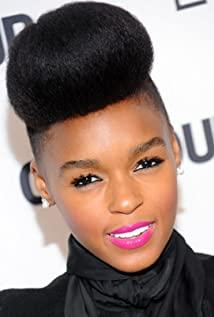The film filmed the protagonist Chiron's three experiences as a child, youth, and man, in order to try to understand his life. Although under the banner of "this is the story of a lifetime", the film has a lot of blank space between the three stages. We only get to see only a few short days in his life, and the few people who influenced his life. In the film, his three growth stages are forcibly separated by shady scenes. Whenever we are immersed in the story and feel bitter for his life, the shady scene always comes with a mysterious blue or red dot. As if predicting that he will enter the next stage,
Chiron , who was born in a poor single-parent family, was called "Little Little" since he was a child, hated his drug-dependent mother since childhood, and was bullied by his classmates and called him "gay" since childhood. Reticent, he met Juan, who was full of compassion and did not match his identity as a drug lord, and gave him the fatherly love he lacked. Juan asked "Little Dot" to live in his house and taught "Little Dot" to swim. He also told the story of his own past to "Little Dot" - the boy from Cuba, who was called "Blu" because his skin turned blue under the light of the moon, became the tough man he is today.
In the second part, Chiron, he found himself. In high school, he was still taciturn, bullied by his classmates, and his mother who was addicted to drugs was still not getting better. But Juan, who once treated him like his own son, left him forever. Everything seemed so bad, but he found a new sustenance from his childhood friend Kevin, who gave him hope in the sea of Miami ten years ago, and gave him the courage to hold on. Today, ten years later, in the same place, he unleashed his true self in the presence of another.
In the third paragraph of black, Chiron becomes a typical black man. He is no longer as weak as he was in the past, and has become a drug dealer full of muscles and gold chains. The two phone calls also revealed that his heart knot still exists, his mother's puzzlement when he needed love, and Kevin, who was betrayed by his sincere efforts in the end. The moment he received Kevin's call, he seemed to be back to his original appearance: silent and quiet. It was a memory that he could never change and forget, and it was also his pain.
The choice of colors in the film is also what impressed me. The poster of the movie is dominated by purple and blue, and the color of the theme moonlight is also the color of the boy's heart. For the performers of the three periods, a part of each face is spliced into a complete face, which is his change and growth. The film is dominated by dark colors, the boy's blue schoolbag, blue moonlight, and even the mother in the dream are all blue.
I was also very impressed by the soundtrack in the film, one when Chiron was learning to swim with Juan. The soundtrack of the cello sounded, and the simulated waves also showed the mood of the characters. It seems calm but there is a feeling of eagerness to try. The other is the Mexican folk song "Song of the Pigeon" that appears at the end of the film, which means same-sex love is tangled and indescribable. The melody and lyrics are very sad, full of helplessness and regret of "wanting to touch but withdrawing my hand". .
This is a fairy tale about losing oneself and finally finding oneself again. Regardless of sexual orientation, skin color, and time, we have learned to disguise ourselves with all kinds of unpackaged packages, but they have also made us forget our true self in a noisy environment. I also hope that there will be such a phone call in the future, bringing us back to our childhood memories, allowing us to see our hearts again and start over.
View more about Moonlight reviews


